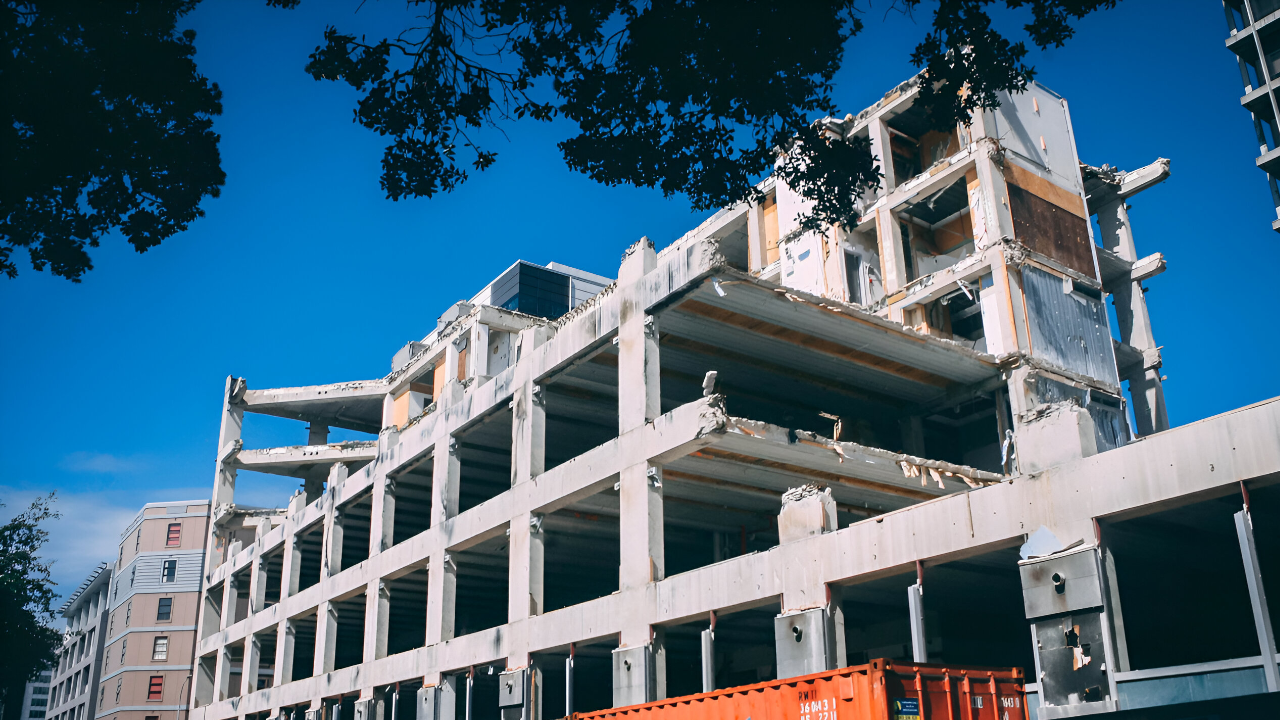
Arizona’s $2 billion Ritz-Carlton resort project filed for bankruptcy on November 4, 2025, just days before a scheduled foreclosure auction.
The developer, Five Star Development, and its lender, Madison Realty Capital, have been engaged in a months-long dispute over allegations of fraud and bad-faith lending practices.
The 122-acre project has stopped all construction, freezing billions in real estate value at a critical moment for Arizona’s luxury market.
The Vision

The Palmeraie was designed as an ultra-luxury destination, featuring a 215-room Ritz-Carlton resort, 80 branded villas, 32 estates, and 29 acres of shops and restaurants spread across 122 acres.
The project was initially scheduled to open in 2019, but was later rescheduled for 2024. Now construction is stuck. Most villas are built and sold, but the hotel sits incomplete.
Five Star started this project 18 years ago.
The $585 Million Problem

In 2023, Madison Realty Capital lent Five Star Development $585 million to accelerate construction. By mid-2025, Madison claimed Five Star had defaulted on payments and missed construction deadlines.
Five Star countered that Madison deliberately withheld funds to force a default and seize control.
The two sides blamed each other. Neither would compromise. Construction was completely halted.
Paradise Valley’s Veto
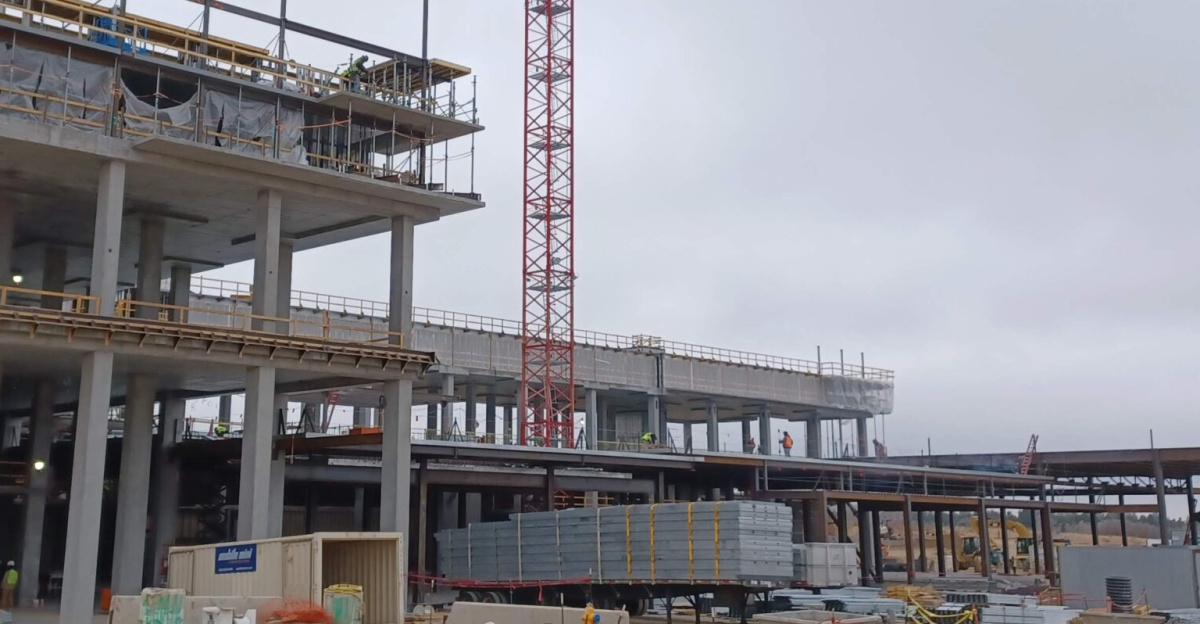
Paradise Valley officials said Five Star could only build villas if the resort hotel progressed simultaneously.
When hotel construction halted in mid-2025, the town stopped approving occupancy certificates for completed villas.
This action froze approximately $150 million in villa sales—cash Five Star desperately needed. Buyers were unable to close on their units. Five Star’s cash crisis deepened, pushing toward insolvency.
RICO and Fraud

Five Star filed a lawsuit in May 2025, invoking Arizona’s RICO statute—a tactic rarely used in construction cases.
Five Star allegedly committed organized crime-style fraud in Madison, including forging signatures, withholding contractor payments, inflating interest rates, and deliberately sabotaging hotel construction.
A Texas state court, reviewing preliminary evidence in July, agreed that Madison had engaged in “acts of manipulation and fraud.” Five Star celebrated the first legal victory.
Construction Workers in Limbo
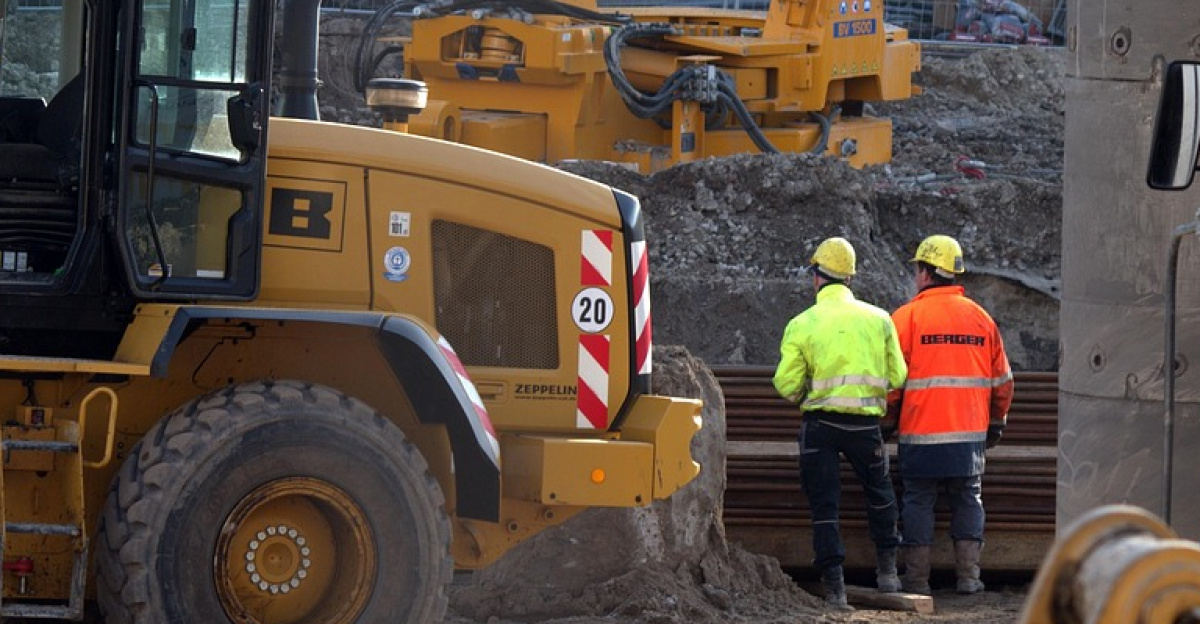
While lawyers fought, construction workers faced uncertainty. Project records show two major contractor exits: PWI Construction ended its hotel contract in January 2021, and Layton Construction in February 2025.
Workers experienced delayed paychecks and uncertain schedules. Industry analysts say $2 billion resort projects typically employ hundreds to over a thousand workers, not the “2,000 jobs” claimed in some reports.
No exact figure exists.
A Town’s Disappointment
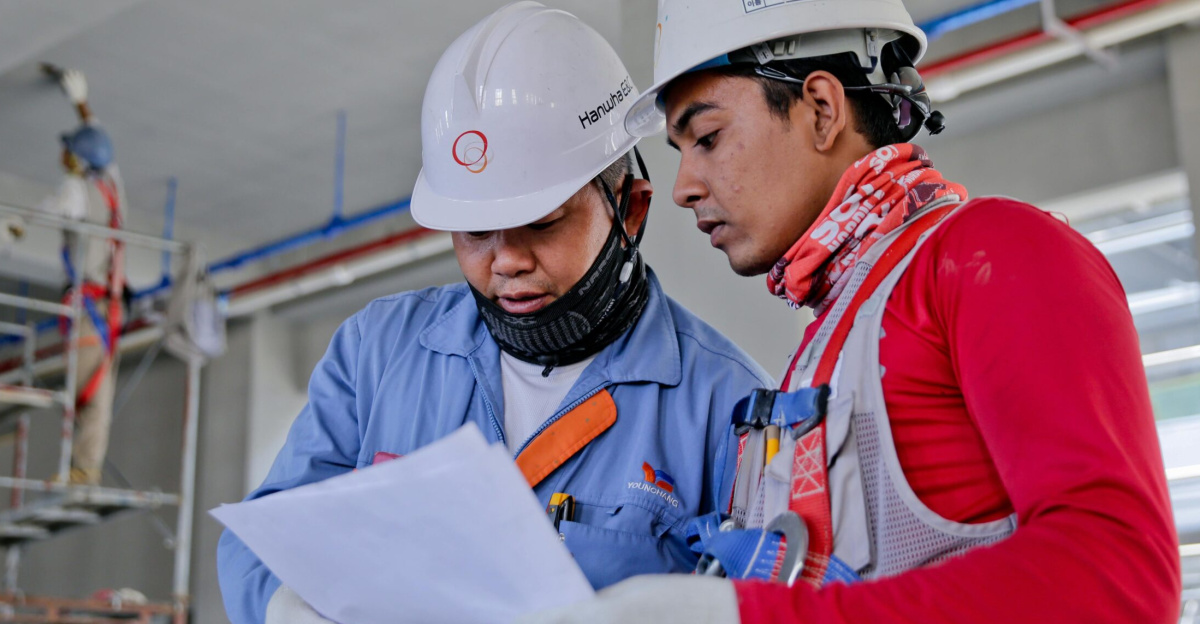
For nearly 20 years, Paradise Valley invested political effort in attracting the Ritz project.
Town officials modified zoning rules, approved phased construction, and waived normal requirements to expedite the work.
In August 2025, the town manager said the project would be “a valuable addition to our town.” But foreclosure loomed in November. Bankruptcy halted that auction, leaving town leaders in limbo.
Market Ripples in Arizona Luxury Real Estate

Arizona’s luxury real estate sector is cooling after years of growth.
Large resort projects face mounting challenges, including rising construction costs, buyer hesitation due to rising interest rates, and labor shortages.
The $2 billion project’s bankruptcy signals a market correction ahead. Similar mega-projects in Scottsdale now face tighter scrutiny from lenders and buyers.
If Madison’s bad-faith tactics are proven, construction lending rules across the industry could change.
The Buyer’s Dilemma
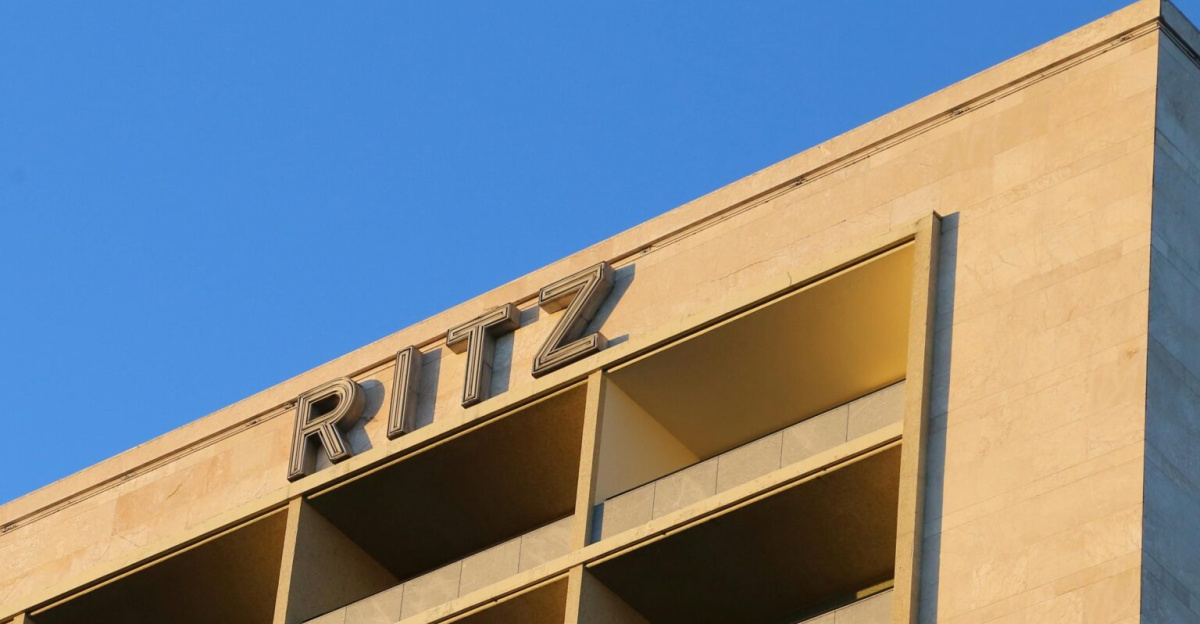
Eighty Ritz-Carlton villas were constructed. Thirty-seven have closed escrow and are occupied.
However, 42 buyers remain trapped—they signed purchase contracts but cannot close because construction is incomplete.
These buyers have legal rights to their units, but uncertain protection if foreclosure occurs and ownership changes.
If Madison takes control, new owners may not be obligated to complete unfinished units. Bankruptcy temporarily halted foreclosure.
The Foreclosure Trigger

Madison filed a Notice of Trustee Sale on August 4, 2025, scheduling a public auction for November 12, 2025.
Five Star had until the last business day before the auction to file objections. On November 4, Five Star filed for bankruptcy to invoke the automatic stay, halting all foreclosure proceedings.
The timing was no coincidence—Five Star’s lawyers calculated precisely when to act to block Madison’s foreclosure sale.
The Shelter and the Burden

Five Star Development and 33 affiliated entities filed Chapter 11 bankruptcy petitions in the U.S. Bankruptcy Court for the Southern District of Texas on November 4, 2025.
Chapter 11 allows reorganization, not liquidation. The bankruptcy filing immediately halted Madison’s foreclosure, giving Five Star breathing room.
However, Chapter 11 requires substantial legal fees, court filings, and proving the company can emerge viable. Five Star plans to refinance the Madison loan.
The Refinancing Hunt

Five Star’s survival depends on securing new financing to refinance or pay down the $585 million Madison loan.
The company claims the hotel infrastructure is “substantially complete” with “interior finishes ready to begin.” Potential refinancing partners include other construction lenders, institutional investors, or financial sponsors.
However, new lenders will uncover litigation history, contractor disputes, and market risk. The $2 billion valuation is theoretical; actual value is likely much lower.
Madison’s Counternarrative

Madison Realty Capital maintains that Five Star defaulted and is therefore entitled to foreclosure.
The lender argues that Five Star repeatedly missed construction deadlines, failed infrastructure standards, and allowed work to halt indefinitely.
Madison calls Five Star’s RICO fraud allegations “a last-ditch effort to avoid obligations.”
However, a July 2025 Texas court ruling found Madison engaged in fraud, creating significant legal liability regardless of the underlying default dispute.
The February Trial Looms
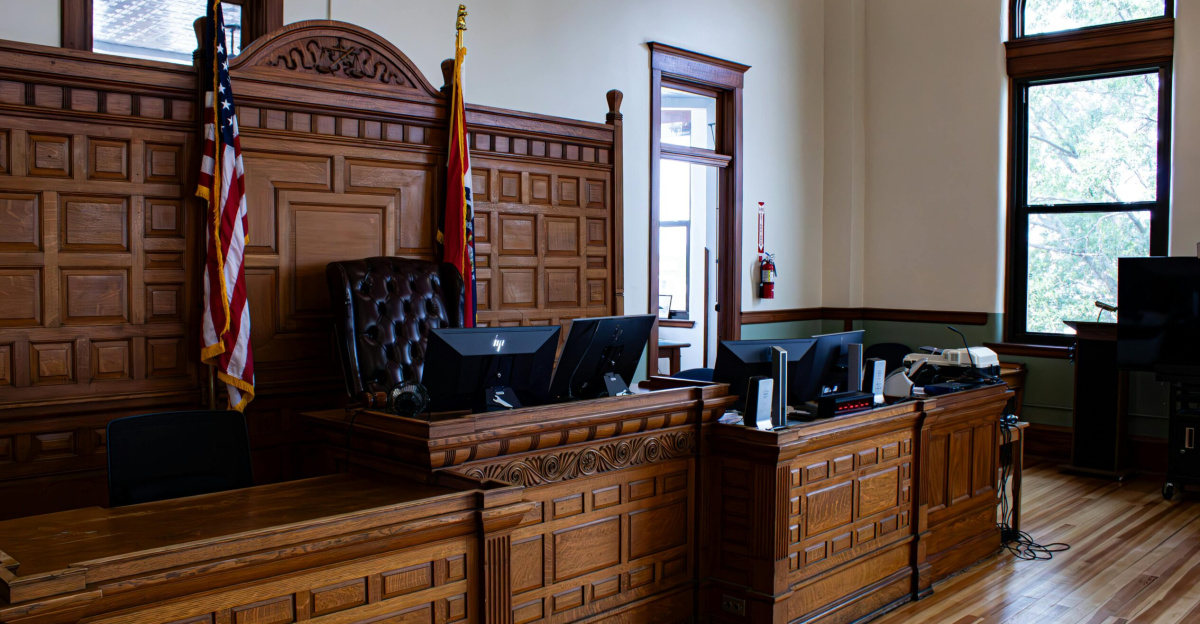
Despite the November bankruptcy filing, the underlying litigation between Five Star and Madison remains unresolved.
The trial is scheduled for February 2026 in the Texas state court. The court will determine whether Madison committed actionable fraud or merely exercised aggressive but lawful lender enforcement.
The outcome could reshape construction lending practices across the industry. Both parties have incentives to settle before trial to avoid public exposure and unfavorable precedent.
What Happens Next?

Five Star faces three paths forward: securing alternative financing to refinance Madison’s lien, negotiating a Chapter 11 plan that accepts equity dilution, or facing liquidation.
The bankruptcy court will demand realistic completion timelines and revenue projections. Potential new owners include other developers, institutional investors, or foreign capital seeking U.S. trophy properties.
Most likely outcome: extended negotiations dragging into 2026 or 2027 with uncertain resolution.
Regulatory Scrutiny on Construction Lending

The bankruptcy has drawn regulatory attention. Arizona lawmakers are discussing transparency rules requiring lenders to disclose conflict-of-interest incentives.
Federal banking regulators are examining whether Madison’s practices—such as inflating interest rates and misapplying payments—violate fair lending laws. The July court’s fraud finding provides evidence that construction lenders can cross ethical lines.
However, regulatory change moves slowly. State-level legislation targeting transparency is expected to emerge within 2–3 years.
Ripple Effects in Luxury Resort Development
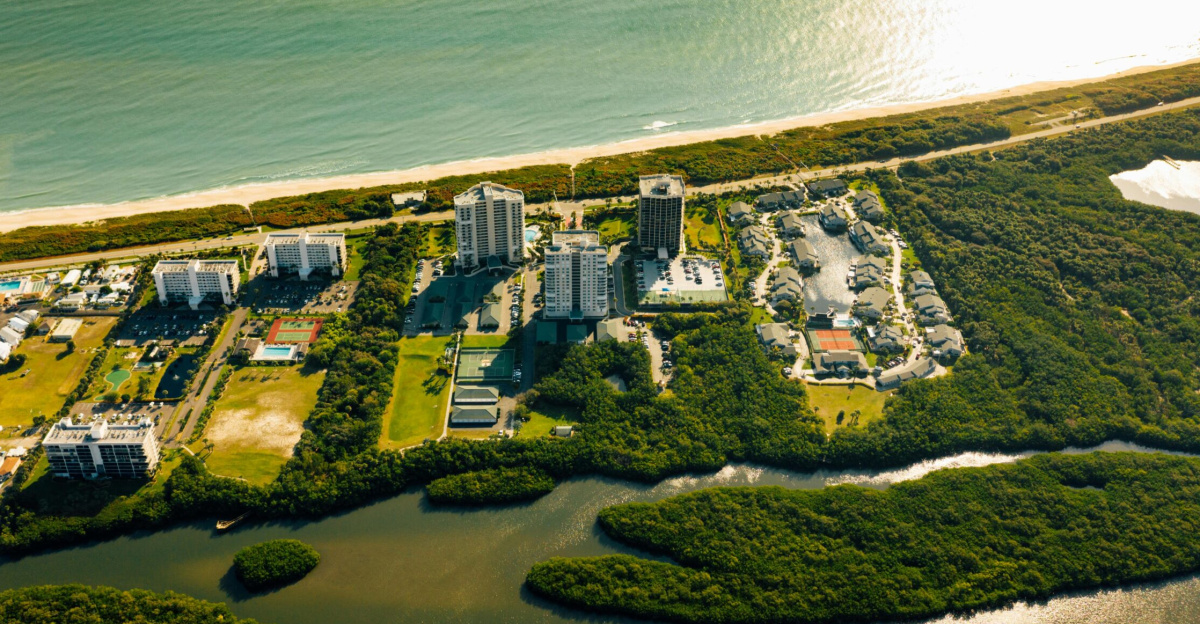
The collapse sends ripples through the luxury resort industry across Arizona, Florida, and Texas. Other mega-projects now face tighter financing scrutiny from lenders and investors.
Financial institutions previously comfortable with $500 million construction loans are reassessing risk and demanding higher equity contributions upfront.
Small regional developers without the backing of the Ritz-Carlton brand face even tighter capital access. Development timelines lengthen, costs rise, and project completions face systemic delay.
Social Media, Speculation, and Misinformation

The bankruptcy has generated significant social media chatter and online speculation. Claims include inflated job loss figures, assertions that Madison intentionally sabotaged the project, and rumors of secret foreign investor buyouts.
TikTok and Reddit posts cite unverified “insider information.” Real estate influencers mischaracterize the timeline as a “sudden collapse” when, in fact, deterioration actually spanned six months.
Credible sources are buried under viral sensationalism.
Past Mega-Project Collapses
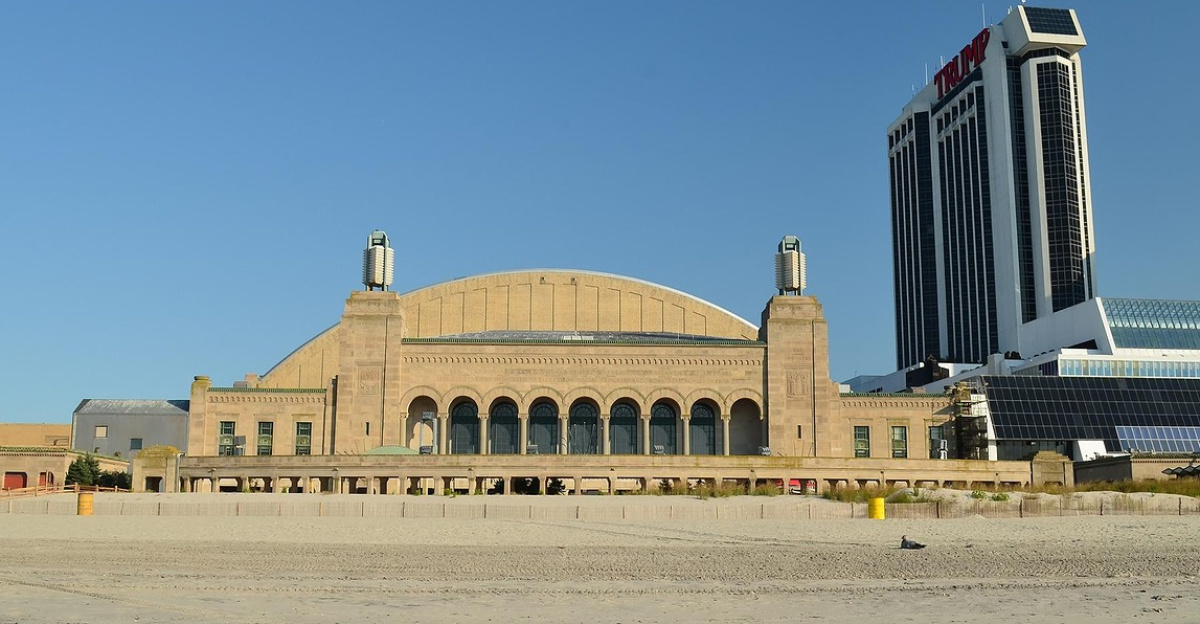
The Paradise Valley bankruptcy parallels past U.S. mega-resort collapses. Atlantic City casinos and Trump Hotels (2009–2015) entered bankruptcy due to a lack of capital among equity holders.
The Cosmopolitan of Las Vegas (2008) entered the market as a distressed property after a mid-construction developer failure.
The Palmeraie mirrors these cases: eroding equity, lender conflict, and stalled construction. Historically, such projects take 2–5 years to resolve post-bankruptcy at 60–80% of original value.
Luxury Development in Flux
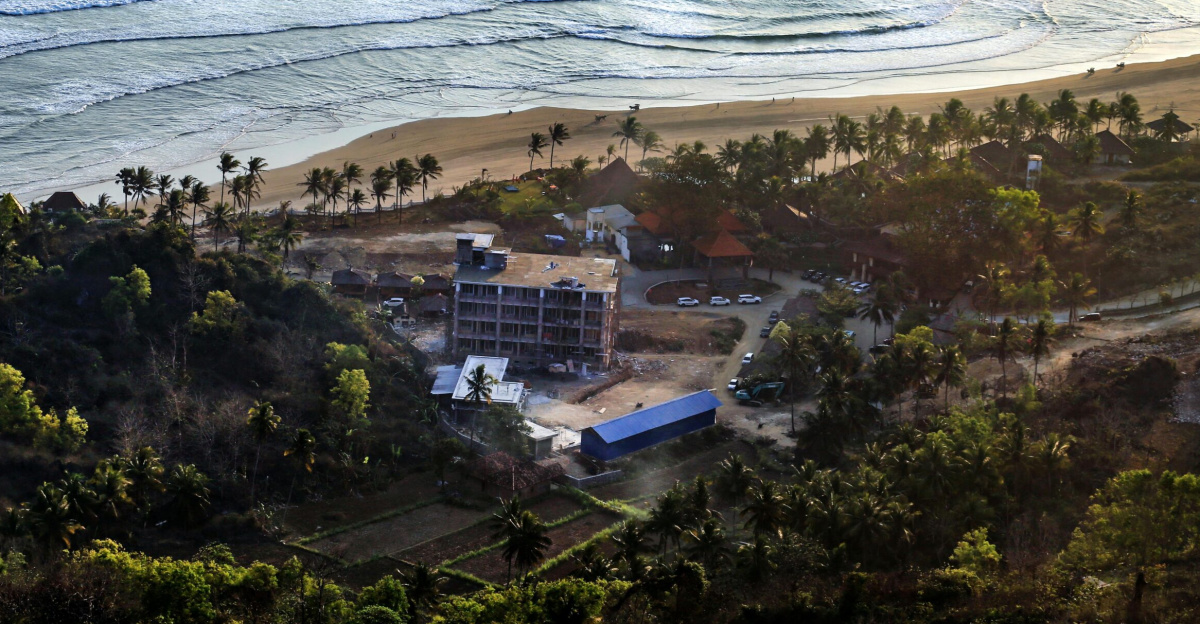
The bankruptcy exposes structural vulnerabilities in large-scale U.S. luxury development. When developer equity, market conditions, and lender interests misalign, even strong brand-backed projects stall indefinitely.
The next 18 months will reveal whether sophisticated lenders can reshape distressed projects or bankruptcy courts will force completion.
For Arizona’s luxury market and construction workers awaiting resolution, the outcome will determine whether Paradise Valley becomes a cautionary tale or a recovery story.


